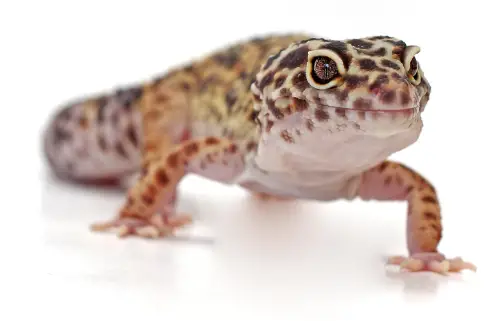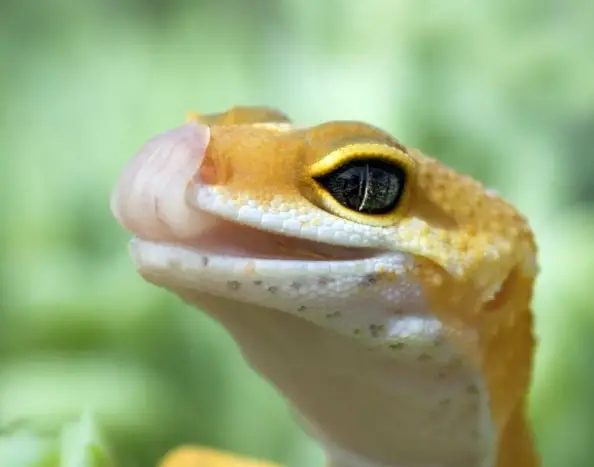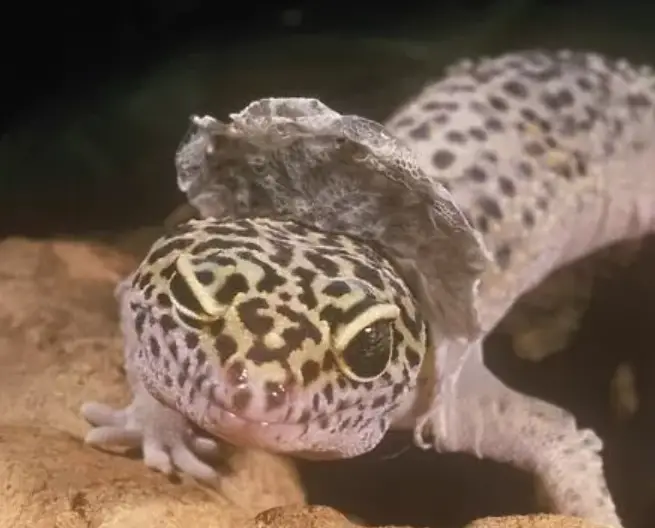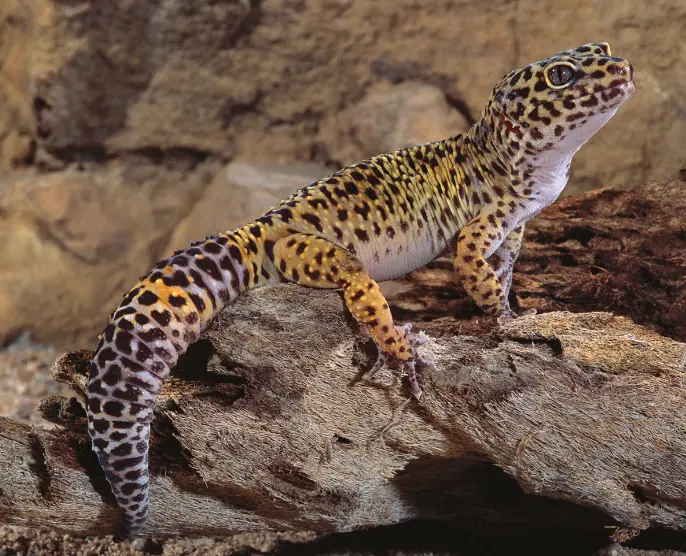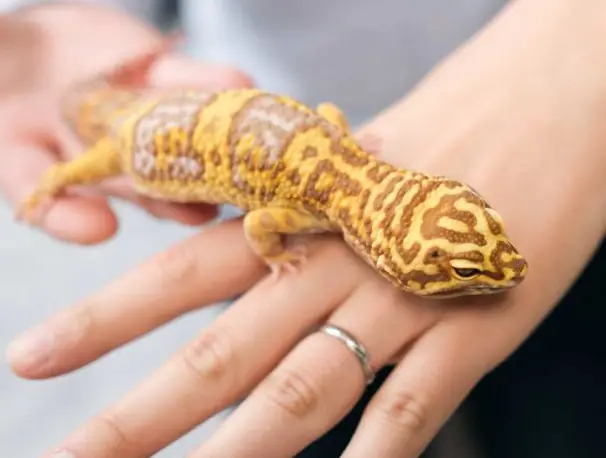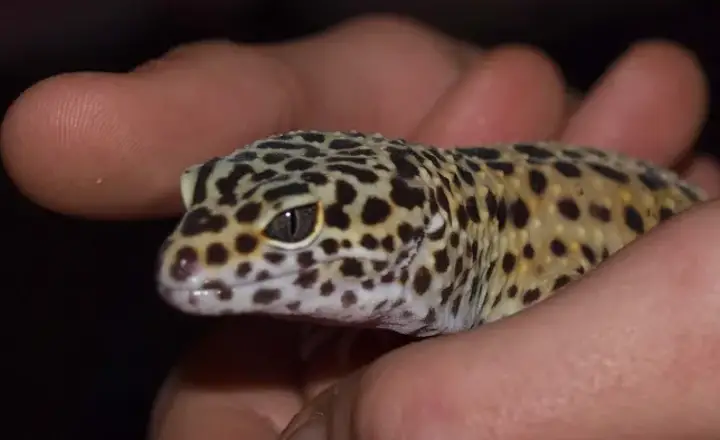Leopard geckos are one of the most popular reptile pets among enthusiasts due to their unique appearance and docile nature. However, providing proper care for these creatures requires attention to detail, including ensuring that they receive adequate nutrition. One crucial nutrient that plays a vital role in the health and well-being of leopard geckos is vitamin A. This essential vitamin is responsible for a wide range of physiological functions, from maintaining healthy vision to supporting the immune system. In this article, we will explore why vitamin A is essential for leopard geckos, how to identify a deficiency, and what steps you can take to ensure that your pet is getting enough of this critical nutrient.
What is Vitamin A and why is it important for leopard geckos?
Vitamin A is a fat-soluble vitamin that plays a vital role in various biological functions in both humans and animals. It is essential for vision, immune function, cell growth and differentiation, reproduction, and maintaining the health of epithelial tissues (such as the skin and mucous membranes).
Leopard geckos, like many other reptiles, have specific dietary requirements, and vitamin A is crucial for their overall well-being. Here are a few reasons why vitamin A is important for leopard geckos:
- Vision: Vitamin A is necessary for proper vision and maintaining the health of the retina. Leopard geckos rely heavily on their vision for hunting and navigating their surroundings, so a deficiency in vitamin A can lead to eye problems and impaired vision.
- Skin and Shedding: Vitamin A is essential for maintaining healthy skin and promoting proper shedding in leopard geckos. A deficiency in this vitamin can result in dry, rough skin and difficulty in shedding, which may lead to retained shed and subsequent complications.
- Reproduction: Vitamin A plays a role in the reproductive health of leopard geckos. It is important for normal growth and development of reproductive organs and can affect fertility and egg production in breeding females.
- Immune Function: Vitamin A is involved in supporting the immune system and helps leopard geckos fight off infections and diseases. A deficiency in vitamin A can weaken the immune response, making the geckos more susceptible to illnesses.
To ensure that leopard geckos receive an adequate amount of vitamin A, it is important to provide them with a balanced diet that includes foods rich in this vitamin. Feeding them a variety of gut-loaded insects, such as crickets and mealworms, along with vitamin A-rich vegetables like carrots and sweet potatoes, can help meet their nutritional needs. However, it is essential to consult a reptile veterinarian or a reptile nutritionist for specific dietary recommendations for your leopard gecko, as their requirements may vary based on age, health, and other factors.
What are the food sources of Vitamin A for leopard geckos?
Leopard geckos are carnivorous and require a diet that consists primarily of insects, and their food should be dusted with vitamin and mineral supplements to ensure they receive all the nutrients they need, including vitamin A. Here are some common food sources of vitamin A for leopard geckos:
- Crickets: These are a staple food for leopard geckos and are readily available at pet stores. They are a good source of protein and vitamin A.
- Mealworms: These are another popular food for leopard geckos, and they are also a good source of protein and vitamin A. However, they should be given in moderation due to their high-fat content.
- Dubia roaches: These are a nutritious insect that is becoming increasingly popular as a food source for leopard geckos. They are high in protein and calcium and are also a good source of vitamin A.
- Waxworms: These should be fed sparingly as a treat due to their high-fat content, but they can be a good source of vitamin A.
- Superworms: These are a good source of protein and vitamin A, but they should also be given in moderation due to their high-fat content.
It’s important to note that while insects are a good source of vitamin A for leopard geckos, they should also be given a variety of insects to ensure they receive a balanced diet. Additionally, it’s important to dust their food with a vitamin and mineral supplement that includes vitamin A to ensure they receive enough of this essential nutrient.
How much Vitamin A does my leopard gecko need?
Leopard geckos require a certain amount of Vitamin A in their diet to maintain good health, but the exact amount varies based on their age, size, and other factors.
The recommended daily intake of Vitamin A for adult leopard geckos is around 2000-3000 IU (International Units) per kilogram of body weight. For juvenile leopard geckos, the recommended daily intake is lower, around 1000-1500 IU per kilogram of body weight.
It’s important to note that Vitamin A toxicity can occur if your leopard gecko receives too much of it, so it’s important to provide a balanced diet that includes appropriate levels of Vitamin A, but not excessive amounts. This can be achieved by feeding your gecko a varied diet that includes a variety of insects, such as crickets and mealworms, as well as gut-loaded vegetables and fruits, which will provide essential nutrients, including Vitamin A.
It’s also a good idea to consult with a veterinarian who specializes in reptiles to ensure that your leopard gecko is receiving the appropriate amount of Vitamin A and other essential nutrients.
What are the signs of Vitamin A deficiency and toxicity in leopard geckos?
Vitamin A deficiency and toxicity can both have negative effects on leopard geckos. Here are the signs and symptoms associated with each condition:
Signs of Vitamin A Deficiency in Leopard Geckos:
- Difficulty shedding: Vitamin A deficiency can lead to improper shedding, resulting in retained skin on various body parts, such as toes or tail.
- Reduced appetite: Geckos with a deficiency may show a decreased interest in food and may become lethargic.
- Weight loss: A gecko suffering from a lack of vitamin A may experience weight loss over time.
- Abnormalities in the eyes: One of the most noticeable signs is ocular problems, including swollen eyelids, eye infections, and even blindness.
- Respiratory issues: Geckos may develop respiratory infections, characterized by wheezing, difficulty breathing, and discharge from the nose or mouth.
- Reproductive issues: Female leopard geckos may have difficulty laying eggs, or their eggs may be small and soft-shelled.
- Weakness and lethargy: Geckos may exhibit general weakness, lack of energy, and reduced activity levels.
Signs of Vitamin A Toxicity in Leopard Geckos:
- Loss of appetite: Similar to vitamin A deficiency, excessive levels of vitamin A can also result in reduced appetite.
- Weight loss: Geckos with vitamin A toxicity may experience weight loss.
- Bone abnormalities: High levels of vitamin A can lead to skeletal deformities, such as enlarged or misshapen bones.
- Swelling and edema: Geckos may exhibit swelling of the joints or limbs due to fluid retention.
- Liver damage: Excessive vitamin A can cause liver damage, leading to jaundice (yellowing of the skin and eyes).
- Stomach upset: Geckos may experience gastrointestinal issues such as diarrhea or constipation.
- Neurological symptoms: In severe cases, vitamin A toxicity can affect the nervous system, resulting in disorientation, tremors, or seizures.
It’s important to note that both vitamin A deficiency and toxicity can be serious conditions. If you suspect any health issues in your leopard gecko, it is recommended to consult a veterinarian who specializes in reptiles for a proper diagnosis and treatment.
How can I ensure that my leopard gecko is getting enough Vitamin A?
To ensure that your leopard gecko is receiving sufficient Vitamin A, you need to provide them with a balanced diet consisting of insects and vegetables. Offer them insects that are high in Vitamin A like crickets, mealworms, and superworms. You can also gut-load the insects with vegetables like carrots or sweet potatoes as a healthy alternative. Adding a small number of Vitamin A rich vegetables to their diet can also be beneficial, such as steamed carrots or squash. Avoid supplementing with artificial vitamin supplements unless you have consulted with a veterinarian.
What are some common misconceptions about Vitamin A for leopard geckos?
One common misconception is that leopard geckos do not require Vitamin A in their diet, and they can obtain it naturally from sunlight. However, leopard geckos do not produce Vitamin A in their body and require it as part of their diet. Another important point to consider is that replacing fresh vegetables with commercial Vitamin A drops is not a reliable way to provide Vitamin A. These supplements can contain excessive amounts of Vitamin A and can be toxic in high doses.
Conclusion
Providing enough Vitamin A for your leopard gecko is essential for their overall health and wellbeing. By feeding them a balanced diet of insects and vegetables rich in Vitamin A, you can help ensure that they receive the necessary nutrients and support their growth and development. Monitoring their diet and behavior to avoid Vitamin A toxicity or deficiency is equally important. Always consult with a vet if you have any concerns, and you can maintain the proper nutritional balance to keep your leopard gecko healthy.
